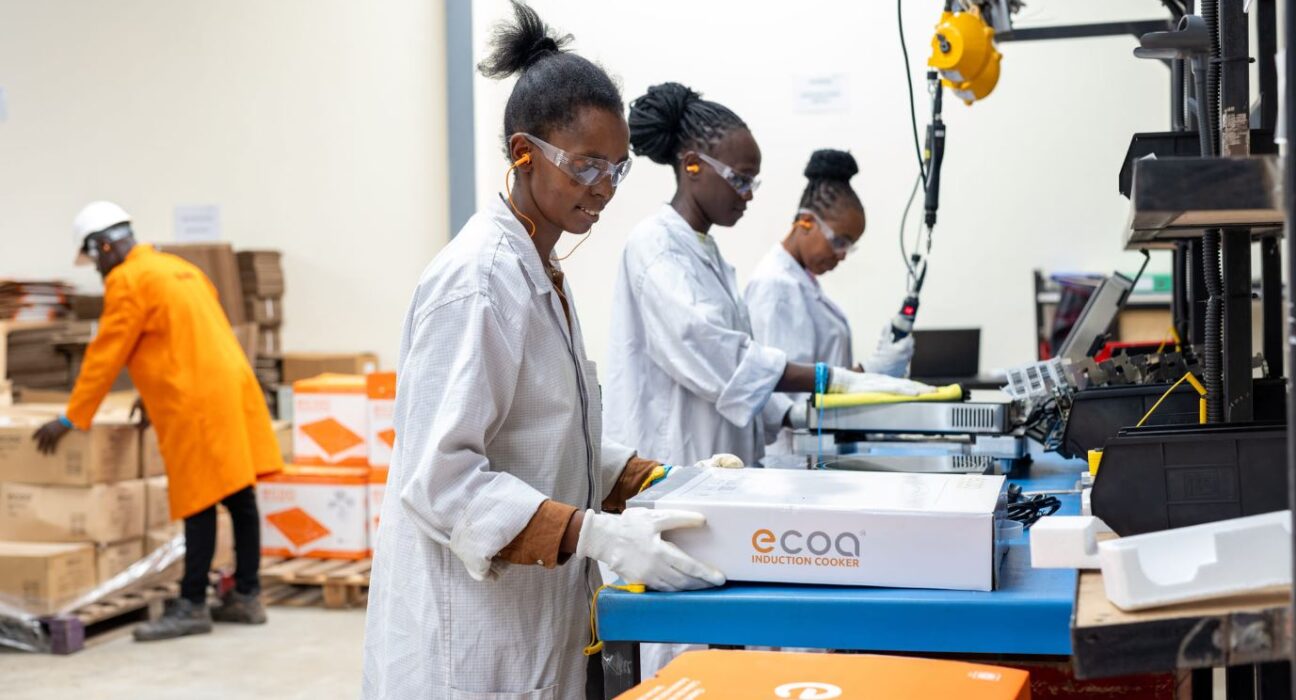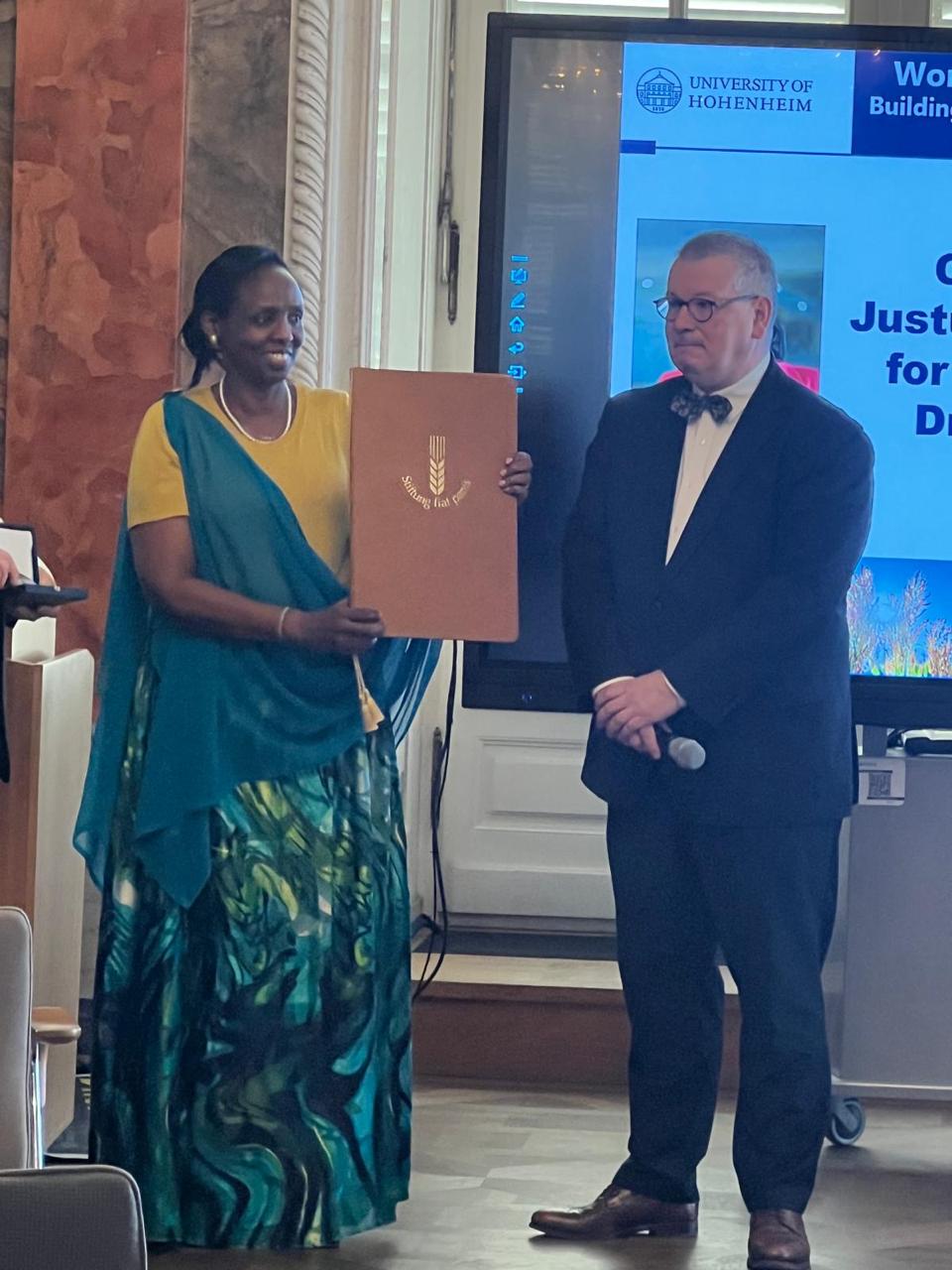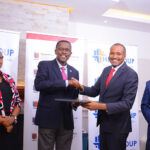BURN Manufacturing, anleader in clean cooking appliances and carbon project development, has secured a significant $15 million investment from the European Investment Bank (EIB). Announced during the World Bank and IMF Annual Meetings in Washington, this funding aims to scale BURN’s innovative clean cooking solutions to over a million households across East Africa.
Scaling Clean Cooking Innovation with ECOA Induction Cooker
The capital injection will be directed toward expanding BURN’s manufacturing and distribution of the Internet of Things (IoT)-enabled ECOA Induction Cooker (IDC). This state-of-the-art electric cooker integrates “Pay As You Cook” (PAYC) technology, a system that enables users to pay for their cooking devices in small, manageable installments via mobile money, achieving full ownership within a year. This affordability model, combined with the ECOA Mobile App, positions the appliance as an accessible clean energy solution for low-income households across the region.
The ECOA IDC comes as a bundle with a high-quality, three-piece stainless steel induction cookware set, fully manufactured in Kenya. Beyond affordability and accessibility, the ECOA IDC also generates high-integrity carbon credits using cellular-enabled IoT technology, allowing real-time monitoring of energy usage. Each ECOA IDC can reduce up to 2.5 tonnes of carbon emissions per year, aligning with EIB’s climate action, gender equality, and economic development goals.
EIB’s Commitment to Transformative Projects
Speaking on the investment, EIB Group President Nadia Calviño emphasized the importance of development through innovation:
“The investment that we have agreed today is about financing development through innovation, which will strengthen communities, especially by protecting the health of women and their families. It will have a positive impact on the climate as well by lowering carbon emissions. Investments in potentially transformative projects like this expansion of affordable clean cooking for more than a million households in Africa by BURN is just the kind of initiative that the European Union aims to support more of under our Global Gateway Initiative.”
Advancing Clean Cooking Access with PAYC Technology
BURN’s Founder and CEO Peter Scott highlighted the transformative potential of the ECOA solution:
“BURN has already brought our unique PAYC electric cooking solution to thousands of households in Kenya and Tanzania that were previously relying on traditional charcoal stoves. This investment by EIB will help us transition over a million low-income households to cooking with electricity, allowing them to cook on grids that are 80-95% powered by renewable energy.”
With traditional cooking methods relying heavily on wood and charcoal, which contribute significantly to deforestation and greenhouse gas emissions, this shift to clean electric cooking offers a sustainable alternative. The ECOA cookers not only provide a safer and healthier cooking experience but also significantly reduce the cost burden for low-income families over time.
Proven Impact on Health, Environment, and Economics
BURN’s clean cooking appliances have undergone rigorous testing and validation. A peer-reviewed Randomized Control Trial (RCT) conducted by the University of Pennsylvania and the University of Chicago confirmed a 39% reduction in fuel consumption among families using BURN’s cookstoves, translating to annual savings of $119 per household. The study also verified a reduction of approximately 3.5 tonnes of CO2 emissions per cookstove per year. These findings were robust even after three years, with 98% of the cookstoves still in active use. The results of this study were published in The American Economic Review, one of the world’s leading economics journals.
Expanding Access to Sustainable Cooking
Since its inception, BURN has distributed over 5 million clean cookstoves across Africa, impacting over 25 million lives and preventing 26 million tonnes of CO2 emissions from being released into the atmosphere. This latest investment will enable the company to deepen its impact further, leveraging the new capital to innovate, produce, and distribute clean energy solutions at a greater scale.
Bridging the Clean Cooking Gap
The partnership with EIB aligns with the institution’s Global Gateway Initiative, which seeks to invest in transformative projects that contribute to sustainable development. By supporting BURN’s clean cooking efforts, EIB aims to drive positive environmental, social, and economic outcomes, focusing on the most vulnerable segments of the population.
Key Features of ECOA Induction Cooker (IDC) Technology:
- Pay As You Cook (PAYC) Model: Allows households to purchase the appliance in manageable installments via mobile money, making it affordable for low-income families.
- IoT-Enabled Monitoring: Integrated cellular technology enables real-time tracking of energy usage, providing data for generating carbon credits.
- Energy Efficiency: Designed to work efficiently on electric grids powered predominantly by renewable energy sources (80-95%).
- Health and Safety Benefits: Reduces reliance on traditional fuels like charcoal, which pose health risks and contribute to deforestation.
- Carbon Emission Reductions: Each ECOA cooker can cut down approximately 2.5 tonnes of CO2 emissions per year, verified through rigorous studies.
Future Roadmap and Plans
With this new investment, BURN is set to amplify its mission of providing clean and affordable cooking solutions. The company plans to leverage its technological advancements to introduce more IoT-enabled appliances tailored to the needs of African households. As it scales, BURN intends to diversify its product range and explore other clean energy solutions that can further contribute to the continent’s sustainable development.
BURN’s initiative to promote clean cooking aligns with global goals to combat climate change, protect health, and empower communities through sustainable innovation. By setting a high bar for the industry, BURN’s efforts are expected to influence other players and catalyze broader adoption of clean cooking technologies across Africa.





